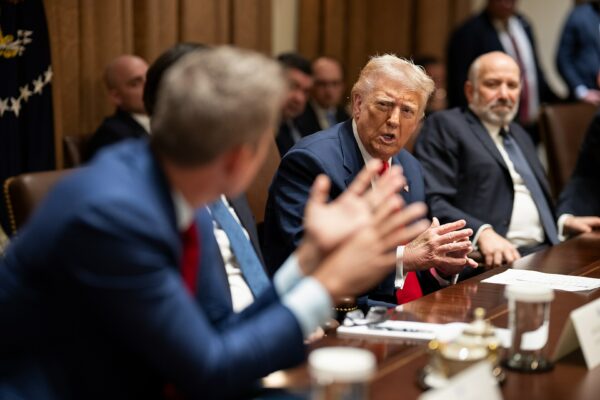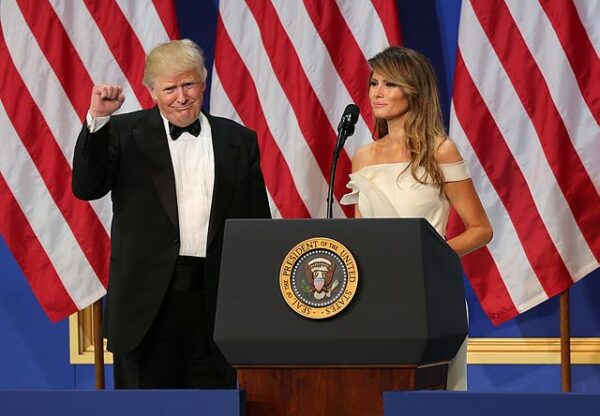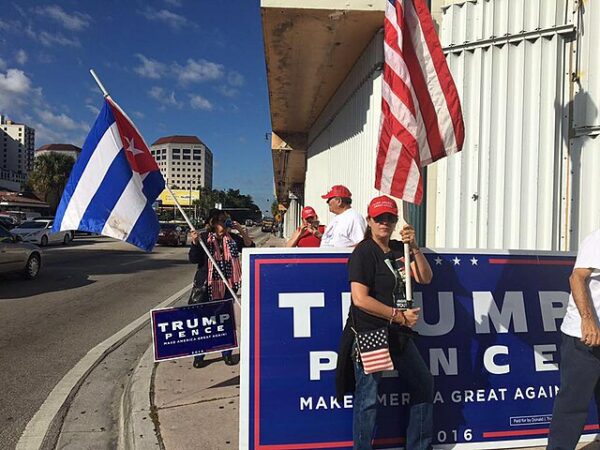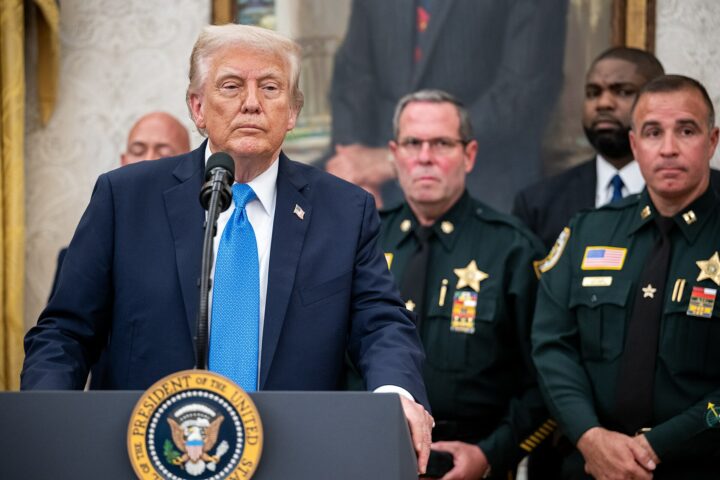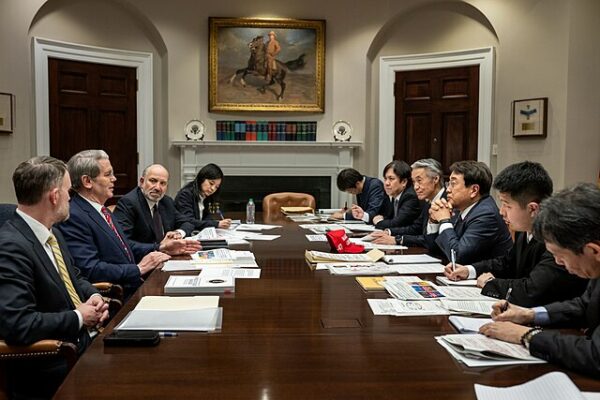President Donald Trump has declared that the short-term exemption on tariffs for consumer electronics imported from China is not what it was reported to be. The announcement, which came just days after the White House announced a 90-day pause on duties for products like smartphones and laptops, sent shockwaves through the tech sector and left investors scrambling to reassess the stability of U.S.–China trade relations.
“There was no Tariff ‘exception,’” Trump wrote on his Truth Social platform. “These products are subject to the existing 20% Fentanyl Tariffs, and they are just moving to a different Tariff ‘bucket.’” His clarification undercut earlier hopes that the administration was softening its stance on tech imports and instead signaled an escalation of trade pressures.
Commerce Secretary Howard Lutnick reinforced that message, stating in an interview that new tariffs are in the works targeting high-tech products such as semiconductors and smartphones. These measures, Lutnick explained, aren’t about reciprocal punishment but about reshoring critical manufacturing industries. “This is a special-focus tariff,” he said. “It’s about bringing critical manufacturing back to America.” He added that the tariffs could take effect within two months and may soon apply to pharmaceutical imports as well.
Trump’s remarks came alongside his announcement of a national security investigation into the electronics and semiconductor supply chain. He warned that the U.S. would “not be held hostage by other countries, especially hostile trading nations like China,” suggesting a broader shift toward economic nationalism and strategic decoupling from Beijing.
Chinese officials responded with sharp criticism. Zhang Li, head of the China Center for Information Industry Development, said the brief exemption merely highlighted the dependency of American firms on Chinese manufacturing. Beijing’s Commerce Ministry described the reversal as destabilizing and called for a full rollback of all U.S. tariffs. In a statement laced with defiance, a spokesperson for China’s Customs agency declared, “The sky will not fall,” pointing to rising domestic consumption and China’s expanding network of trade partners.
As tensions mount, Chinese President Xi Jinping has embarked on a regional tour of Southeast Asia aimed at reinforcing economic alliances and reducing the country’s exposure to American markets. His first stop is Vietnam, where he is expected to promote deeper trade cooperation and pitch Beijing’s vision of an alternative economic order.

